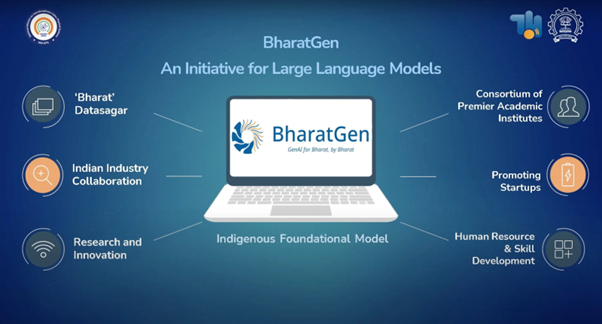TAG: GS 2: POLITY
THE CONTEXT: The Union Home Ministry has canceled the registration of five non-governmental organizations (NGOs) under the Foreign Contribution (Regulation) Act (FCRA) for alleged violations.
EXPLANATION:
- These NGOs include the Voluntary Health Association of India, CNI Synodical Board of Social Services, Indo-Global Social Service Society, Church’s Auxiliary for Social Action, and Evangelical Fellowship of India.
Reasons for Cancellation
- According to sources, the cancellation of FCRA registration implies that these NGOs will no longer be eligible to receive foreign contributions or utilize existing available funds.
- The cancellation was purportedly due to alleged violations of various FCRA provisions, including utilization of funds for activities not within their mandate.
Profile of Affected NGOs
- The canceled NGOs include prominent organizations such as the Voluntary Health Association of India, the Synodical Board of Social Services (CNI), the Indo-Global Social Service Society, the Church’s Auxiliary for Social Action, and the Evangelical Fellowship of India.
- These organizations have been involved in various social, health, and community development activities across the country.
Statistics on FCRA Registrations
- Data from the Home Ministry reveals a significant number of FCRA registrations being canceled since 2012, with a total of 20,721 cancellations.
- Tamil Nadu leads the list with 2,580 cancellations, followed by Maharashtra, Andhra Pradesh, Uttar Pradesh, and West Bengal.
- Conversely, 4,905 FCRA registrations were issued or renewed during the same period, with Maharashtra, Tamil Nadu, Karnataka, Delhi, and Gujarat witnessing the highest number of registrations/renewals.
Foreign Contributions and NGO Operations
- Foreign contributions received by FCRA-registered associations or NGOs amounted to Rs 55,741.51 crore between the financial years 2019-2020 and 2021-2022.
- This underscores the significant financial inflow into NGOs for various social, developmental, and humanitarian causes.
Foreign Contribution (Regulation) Act (FCRA):
- The FCRA was brought during the Emergency in 1976 in a bid to create surveillance regime for the NGOs and put it under the Ministry of Home Affairs (MHA).
- For all such entities receiving foreign funds through foundations, corporate grants and so on, the FCRA license administered by the MHA became obligatory.
- It has not only continued thereafter but has also become a permanent feature for the scrutiny of foreign funds for such entities. The FCRA has been amended four times since then.
- FCRA Act, 2010 prohibits acceptance of foreign contribution by certain persons such as election candidate, editor or publisher of a newspaper, judge, government servant, MPs and MLAs, judges and political parties among others.
- FCRA (Amendment) Bill 2020 adds public servants ( as defined by IPC) to this list. He is any person who is in service or pay of the government, remunerated by the government for the performance of public duty.
- A person cannot transfer foreign contribution to any other person unless such persons is also registered to accept under FCRA act 2010.
- FCRA (Amendment) Bill 2020 prohibits to transfer of foreign contribution to any other person I.e. individual, association or registered company.
- Under FCRA Act, 2010 , a person may accept foreign contribution if they have:
- Obtained a certificate of registration from central government or
- Not registered, but obtained prior permission from the government to accept foreign contribution.
- Under FCRA (Amendment) Bill 2020, now, any person seeking prior permission, registration or renewal of registration must provide the Aadhaar number of all its office bearers, directors or key functionaries, as an identification document. In case of a foreigner, they must provide a copy of the passport or the Overseas Citizen of India card for identification.
- In 2010, the government tightened the FCRA in the wake of anti-nuclear protests driven by some human rights bodies in Tamil Nadu’s Kudankulam that were receiving foreign funds.





